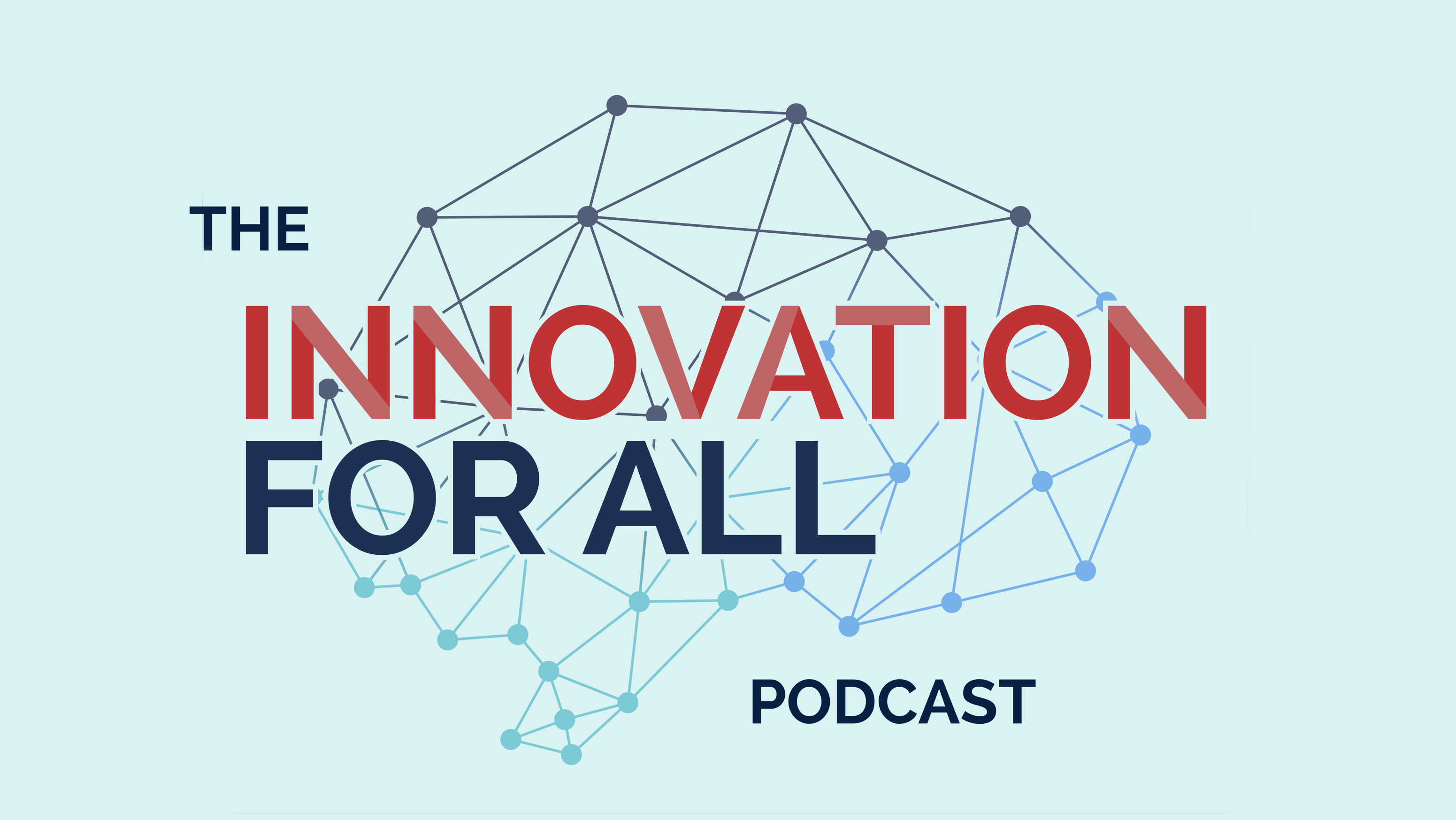“Tech should be built for good” says Amanda McGlothlin, co-founder and Chief Design Officer at HQ Network, a Los Angeles space start-up providing digital security products and services for individuals and businesses. As a leader in tech, Amanda believes that privacy is a fundamental human right. Hear her tactical, realistic approach to product design that truly protects the user’s privacy.
IN THIS EPISODE YOU’LL LEARN:
- How VPNs secure your information and prevent unwanted information getting to your devices.
- How ads and third party tracker are not only annoying, but cost us money and make our technology less valuable.
- The future of an ad-free user experience.
- The use of ad-blockers and whether they are as effective as we think.
- The new privacy laws that protect consumers from data breaches.
- How companies can exercise more responsibility around their data practices to both protect the user and create success for their business.
- What product managers and coders can do to support these companies who are willing to change their data practices for good.
- What dark patterns are and how they apply to data and tracking.
- Why it’s possible to collect data in moderation and still experience the benefits of analytics.
- HQ Network’s view of data collecting and their ethical approach to their data practices.
- A recent Facebook scandal and how it relates to user research.
- How consumers can protect their data and exercise safety while online.
- Facebook, as an example of a company that uses less than perfect data practices.
LINKS:
- HQ.network
- HaveIBeenPWNED.com
- Inventability.com
- Brave.com
OTHERS MENTIONED:
- VPN
- GDPR
- iTunes
- Apple
- Sally Hubbard
- Google Analytics
- Cookies
- Javascript
- Stripe
- App Store
- Enterprise Certificate
- Troy Hunt
- Katharine Hargreaves
- ARKO
- Stuart Turner
If you enjoy this episode, you might enjoy my conversation with Sally Hubbard: Google and Facebook are Monopolies: Does it matter?

